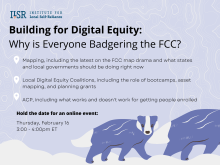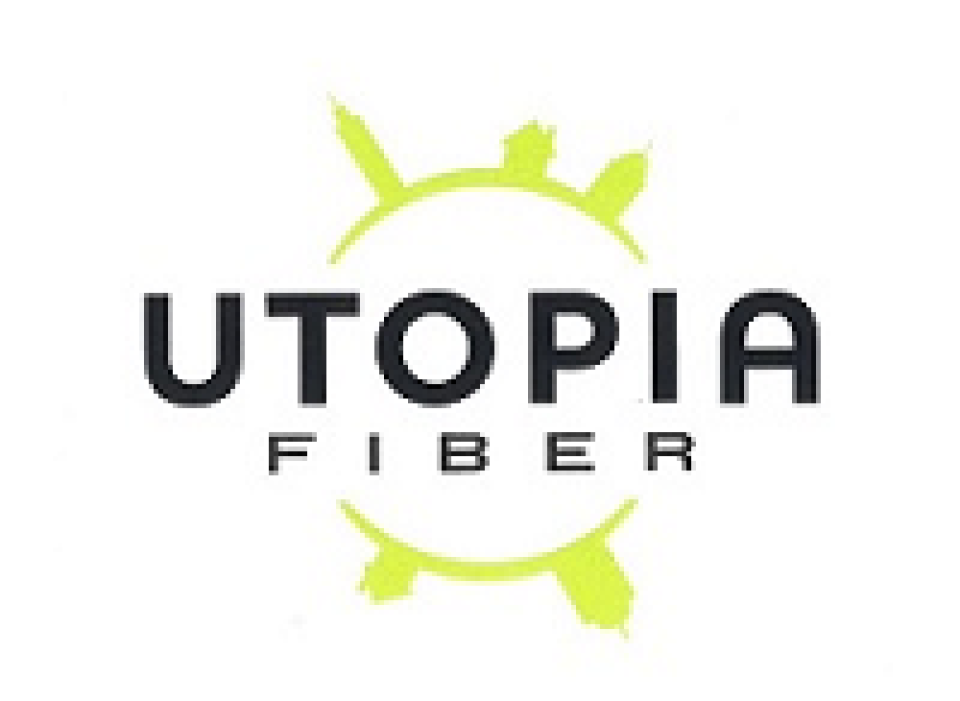SAVE THE DATE: Building for Digital Equity
As communities across the country are implementing digital equity plans and looking to expand access to high-speed Internet connectivity, the second Building for Digital Equity event (#B4DE) of the year comes weeks ahead of when states will receive their BEAD funds from the bipartisan infrastructure bill.
Save the date and join us June 7 at 3 pm ET for #B4DE! As with previous B4DE events, this will be another virtual gathering that will offer up strategies to help simplify the complexities (and opportunities) of broadband connectivity. This event, sponsored again by UTOPIA Fiber, will focus on ways communities can foster meaningful action and advocacy.
Fresh off their most successful Net Inclusion gathering ever, the National Digital Inclusion Alliance (NDIA) will join ILSR’s Community Broadband Networks (CBN) team for the event as NDIA’s Pamela Rosales will co-host the livestream along with CBN Director Christopher Mitchell.
The 75-minute free event promises to be informative and include a series of fun interactive games. It will also debut a point-counterpoint component that will focus on the pending release of BEAD dollars for both rural and urban areas and the challenges around mapping as states try to determine how to get the biggest bang for the buck.
Register now for the Building for Building for Digital Equity Event.
See our previous B4DE livestreams below:




